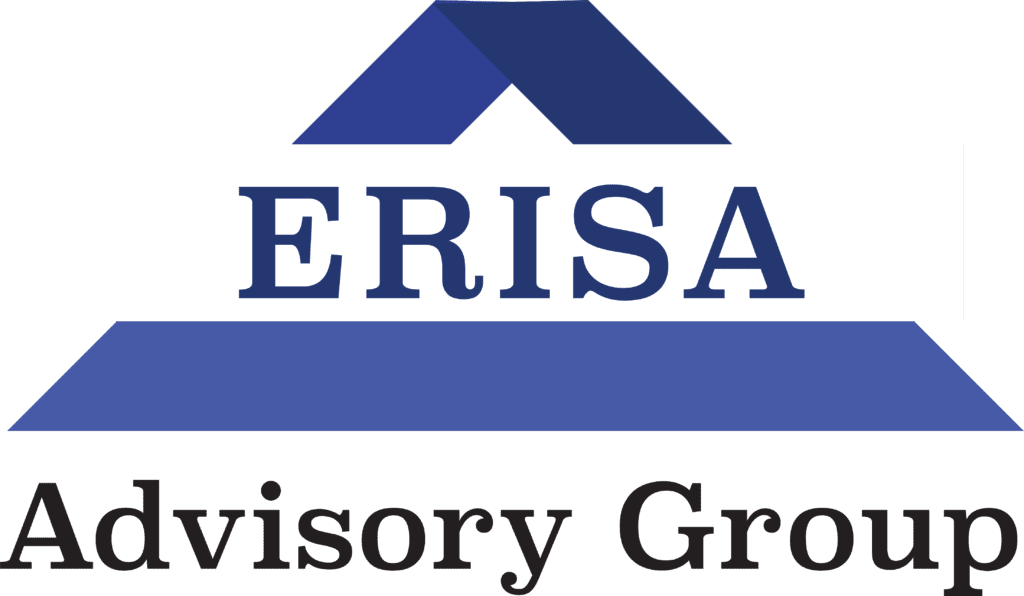Since joining the ERISA Advisory Group and serving as part of the trustee team supporting ESOP transactions, I’ve had the privilege of witnessing remarkable business owners who genuinely care about their employees, their companies, and the legacies they’ve built. These leaders often share a sentiment we hear time and again: “I wish my attorney had told me about ESOPs sooner as an exit strategy.”
Many founders initially explore mergers, sales, or private equity options but quickly realize those paths may not align with their values or long-term vision for the business. In fact, one owner we recently worked with actually bought their company back and is now pursuing an ESOP as they plan to retire in the near future. These founders seek a solution that not only rewards their hard work but also protects their employees and nurtures the legacy they’ve built from the ground up.
As highlighted by the Employee Ownership Foundation, “Employee-owners have a different attitude about their company, their job, and their responsibilities that make them work more effectively and increase the likelihood that their company will be successful. Fundamentally, employee-owners are more accountable for their job performance and their fellow workers’ job performance simply because they have a common stake in the success of their company.”
This mindset underscores the transformative power of Employee Stock Ownership Plans (ESOPs). Business owners considering their next steps should seriously evaluate ESOPs for several compelling reasons:
Advantages of ESOPs:
- Employee Ownership and Motivation:
- Increased Productivity: Employees who own a part of the company often feel more invested in its success, leading to higher motivation, productivity, and retention rates.
- Enhanced Company Culture: An ESOP fosters a sense of shared purpose and collaboration among employees.
- Financial Benefits for Owners:
- Tax Advantages: ESOPs offer significant tax benefits. Owners can defer capital gains taxes if the sale proceeds are reinvested in other securities. Additionally, contributions to the ESOP are tax-deductible.
- Retained Control: Founders can structure the ESOP to retain some level of control over the company, unlike mergers or private equity deals where control is often fully transferred.
- Business Continuity:
- Succession Planning: ESOPs provide a structured and gradual transition of ownership, ensuring the business continues to operate smoothly and maintains its legacy.
- Stability: ESOPs can prevent potential disruptions that might occur from a merger, acquisition, or private equity buyout.
- Community and Legacy:
- Local Impact: Keeping the business locally owned can have positive effects on the local economy and community.
- Preserving Values: An ESOP helps maintain the founder’s vision and company values, which might be lost in an outside sale.
Since becoming deeply involved in ESOP transactions, I’ve found myself more aware of the impact of employee-owned companies. For example, I frequently shop at Publix—the largest ESOP in the United States—and regularly use products from Bob’s Red Mill, another successful employee-owned enterprise. Seeing firsthand how these companies thrive reinforces my belief that ESOPs are not just a financial decision but a meaningful way to empower employees, preserve values, and sustain legacies. For business owners seeking an exit strategy that genuinely benefits everyone involved, an ESOP is a powerful option worth serious consideration.

